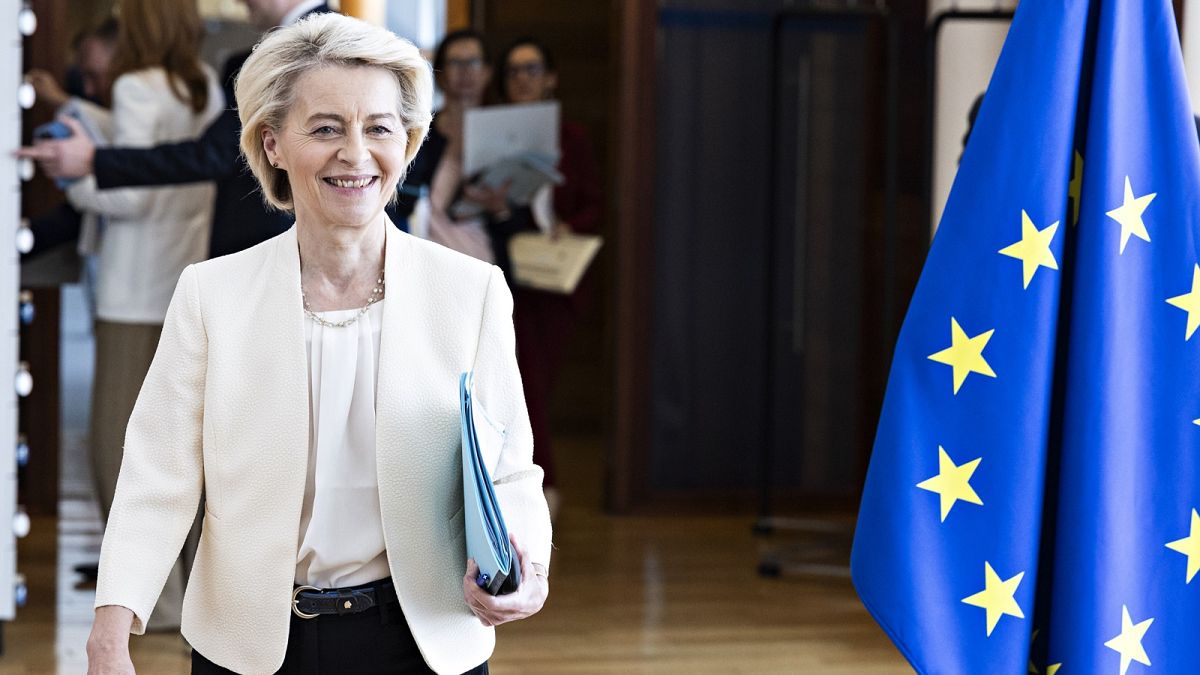

In a series of significant moves across diverse sectors, recent events have demonstrated a notable momentum in global economic strategies and transport efficiency. Each development reflects a strategic intention to adapt and prosper amidst evolving geopolitical landscapes and economic opportunities.
The European Union has announced a promising expansion of its fiscal capacity, revealing a strategic increase in its budget to a monumental €2 trillion. This flexibility imbues the EU with a greater ability to respond to unforeseen crises, thereby fortifying the economic stability of its member states. The European Commission’s President, Ursula von der Leyen, emphasized that this move aims to address potential challenges proactively, ensuring resilience in the face of future uncertainties. This budgetary strategy is poised to maintain the EU’s steady growth trajectory and support its long-term ambitions.
In the realm of aviation, the United Kingdom has lifted its safety ban on Pakistan’s national airline, Pakistan International Airlines (PIA), following rigorous regulatory engagements with the Pakistan Civil Aviation Authority. British High Commissioner Jane Marriott noted the collaborative efforts that led to this positive outcome, highlighting enhanced safety standards as a cornerstone of renewed cooperation. This development marks an important milestone in UK-Pakistan relations, opening avenues for improved connectivity and economic interaction.
In Central Asia, Kazakhstan is making concerted efforts to amplify the efficiency and capacity of the Trans-Caspian International Transport Route, a key trade corridor between Europe and China. By upgrading this multimodal network, Kazakhstan aspires to meet the European Union’s target of a 15-day transit time, which would significantly bolster trade fluidity across these regions. This initiative underscores Kazakhstan’s strategic position as a pivotal player in facilitating transcontinental commerce.
Meanwhile, automotive industry updates reveal that Renault has experienced a significant downturn, with shares plummeting by 17% following a profit warning and weak financial results for the first half of the year. The company is currently led by an interim CEO after the departure of Luca de Meo, which has added an element of uncertainty to its future direction. This financial performance signals challenges ahead, urging Renault to recalibrate its strategies in a competitive market.
Adding to the global economic developments, Tesla has inaugurated its first showroom in India—a milestone reflecting the company’s global expansion efforts. Despite the enthusiasm surrounding this launch, Teslas remain costly for the average Indian consumer, prompting the company to lobby for reduced import taxes on electric vehicles. This move aligns with Tesla’s strategic aim to make sustainable transportation more accessible worldwide.
In a major trade advancement, the United States has reached a significant deal with Indonesia, which involves Indonesia purchasing 50 Boeing jets. This agreement comes in conjunction with a 19% tariff on Indonesian goods, a reduction from a previously threatened 32%. US President Donald Trump expressed optimism about the economic benefits stemming from this deal, emphasizing strengthened ties and mutual benefits for both nations.
These strategic initiatives across various sectors illustrate a dynamic interplay of policy adjustments and economic cooperation on a global scale. Each development captures an aspect of the international community’s shared objective to adapt, innovate, and thrive in an interconnected world. As these projects unfold, they hold the promise of enhanced economic stability and collaboration, shaping a future of increased global integration and prosperity.
Source: {link}
